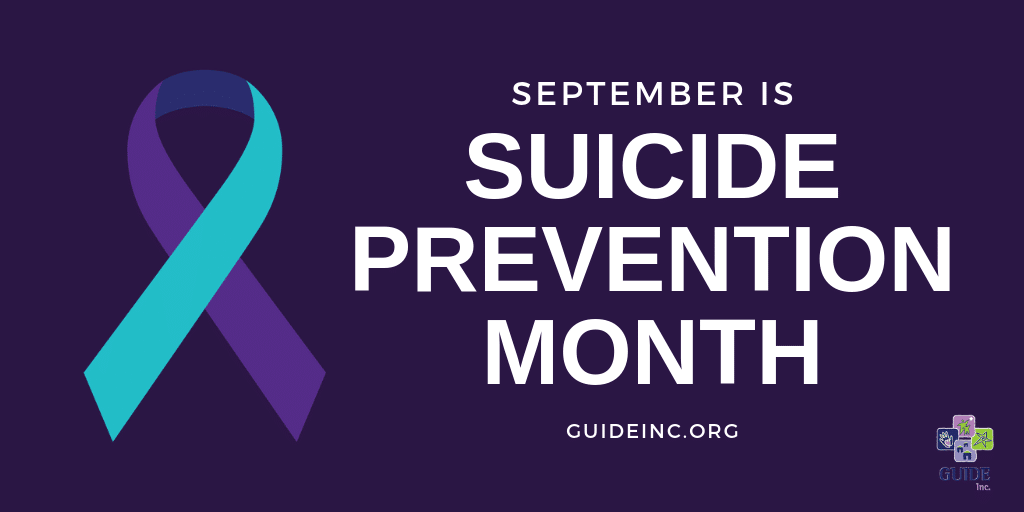Introduction:
Seasonal Depression, also known as Seasonal Affective Disorder (SAD), is a type of depression that occurs during specific seasons, typically in fall and winter. This blog aims to shed light on the effects of seasonal depression and provide remedies to help manage and alleviate its symptoms.
1. Effects of Seasonal Depression
a. Mood Changes: Seasonal depression can lead to persistent feelings of sadness, hopelessness, and irritability.
b. Low Energy Levels: Individuals may experience a lack of energy, fatigue, and difficulty concentrating.
c. Sleep Disturbances: Insomnia or excessive sleepiness can be common symptoms of seasonal depression.
d. Appetite and Weight Changes: Cravings for carbohydrates, overeating, or loss of appetite may occur.
e. Social Withdrawal: Feelings of isolation and reduced interest in social activities can be prevalent.
Seasonal depression can lead to persistent feelings of sadness, hopelessness, and irritability.
2. Factors Contributing to Seasonal Depression
a. Reduced Sunlight Exposure: The decrease in daylight during fall and winter can disrupt the body’s internal clock and affect mood-regulating hormones.
b. Biological Factors: Individuals with a history of depression or a family history of seasonal affective disorder may be more susceptible.
c. Serotonin Levels: Reduced sunlight can lower serotonin levels, impacting mood and well-being.
d. Melatonin Disruption: Disruptions in the body’s melatonin levels can affect sleep patterns and mood.
3. Remedies for Seasonal Depression
a. Light Therapy: Light therapy involves exposure to bright light to simulate natural sunlight and regulate mood. Daily sessions can be beneficial for reducing symptoms.
b. Regular Exercise: Engaging in physical activity boosts endorphin levels and helps alleviate symptoms of depression. Aim for at least 30 minutes of exercise per day.
c. Maintain a Healthy Lifestyle: Focus on a balanced diet, adequate sleep, and stress management techniques to support overall mental well-being.
d. Seek Social Support: Stay connected with loved ones, join support groups, or consider therapy to combat feelings of isolation and improve mood.
e. Embrace the Outdoors: Spend time outdoors, even on cloudy days, to maximize exposure to natural light and fresh air.
f. Consider Medication: In severe cases, a healthcare professional may prescribe antidepressant medication to manage symptoms. Consult with a doctor for personalized advice.

Conclusion
Seasonal depression can significantly impact individuals’ mental health, but there are effective remedies available to manage its effects.
By understanding the symptoms and implementing strategies like light therapy, exercise, and a healthy lifestyle, individuals can mitigate the impact of seasonal depression and improve their overall well-being. Remember, seeking support from healthcare professionals and loved ones is crucial in managing seasonal depression effectively.





